Business Studies
Intent and Aims
Our department intent is that students will leave Key Stages 4 & 5 enthused and inspired by Business. The qualification will provide students with the knowledge, understanding and skills necessary to prepare them for running their own company, employment in the Business sector or Further Education. Students will study a mix of knowledge and applied skills through taught content, research and enterprise activities, linking the business world to real world skills such as Financial Management and Communication. We also want to develop personal skills relevant to the business world such as: real-world responsibilities, decision making, teamwork, proactivity, problem solving, negotiation, delegation, project and time management, leadership and innovation.
Our programmes of study
To ensure a broad and ambitious curriculum, the course is designed so that components build on each other as students grow in confidence. This allows students to embed their knowledge whilst giving opportunities to put into practice what they learn. This conceptual study, alongside practical application, leads to the acquisition of knowledge, understanding and technical skills through vocational contexts. Tasks are tailored so that students apply their knowledge to a real-life scenario within the local, national and international community context. To enable a deep understanding, teachers will use numerous Business examples and articles to illustrate topics being taught and how they are evident in the world we live in.
Throughout Key Stage 4 there is a lot of personal development, this includes SMSC through looking at moral dilemmas, effects of an ageing population, recognition of the work health and social care staff carry out daily, values, attitudes and beliefs about what is right or wrong, impact of day to day decisions individuals make in their lives, understand the impact of many factors on health and wellbeing, understanding how society influences people’s lives in many ways, considering questions on identity, belonging and behaviour, developing tolerance and respect for all and acceptance of those with differences. The course will allow for students to develop personally through Interpersonal skills: communication, teamwork, leadership, Task Management: time management, negotiation, delegation and Managing yourself: proactivity, determination, resilience.
Literacy is taught through developing a broad vocabulary, inferring meaning from a variety of sources, evaluating different interpretations, writing precisely and explaining own demonstrations. Oracy is improved as confidence is built whilst demonstrating care values, evaluating other people’s performances, adapting talk to suit a context and actively listening to others. Students are also encouraged to read around their subject. To support literacy and our disadvantaged students, we focus strongly on key term booklets throughout each topic and at the start of the course an overview is given which include concepts and vocabulary that will be taught. Literacy is taught through a variety of approaches including: spelling/key terms test & homeworks, the use of topic debates and discussions, the modelling of PEEL/PEACH/PECAN PIE paragraphs and providing sentence starters.
Each unit is assessed in a formal end of unit test (QMA). To support students, they are a mixture of MCQs, short mark questions (2-4 marks), extended writing questions to analyse and evaluate (9+ marks).


